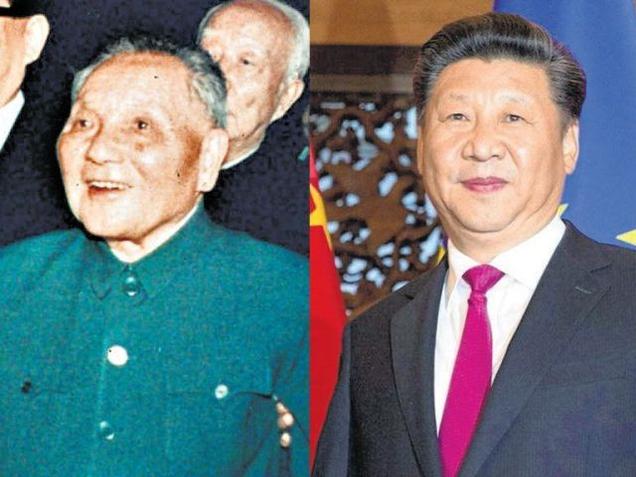
Already China’s most powerful leader in decades, President Xi Jinping will probably seek to extend his term to more than 10 years, analysts say, the first Communist Party chief to do so since Deng Xiaoping.
The ruling party’s leaders have reportedly gathered at their secretive annual Beidaihe retreat on the northern Chinese coast, where discussions are expected to focus on the composition of its next all-powerful Politburo Standing Committee (PSC).
The 19th Party Congress, slated for next year, will decide a new PSC line-up, traditionally seen as indicating Mr. Xi’s most likely successor after he steps down, due in 2022.
‘No heir apparent’
But Mr. Xi has thus far delayed anointing a heir. And while Chinese Communist leaders have often maintained influence after their official retirement, scholars and analysts increasingly believe Mr. Xi will try to stay in office beyond his standard term. “A lot of analysts now see it as a given” that Mr. Xi will seek to stay party general secretary, the country’s most powerful post, said Christopher K. Johnson, a former CIA analyst.
Willy Lam, expert on politics at the Chinese University of Hong Kong, said there was a 60 to 70 per cent chance that Mr. Xi would refuse to give up the role.
Doing so would violate the unofficial rule set by Deng Xiaoping, who led China from 1978-1989, that general secretaries stay in office no longer than 10 years. That principle has helped smooth transfers of power within the party since the 1990s. As well as ensuring regular renewal at the top, and opportunities for different Communist Party factions to dominate at different times, the concept also seeks to prevent the emergence of a despot.
China’s Constitution sets term limits for Presidents and Ministers, but there is no such rule for the party secretary. Analysts say if Mr. Xi’s close ally Wang Qishan, a PSC cadre who is due to retire, is allowed a second term it could establish a precedent for the party chief.
Enduring ambition
Mr. Xi has made his enduring ambition clear by installing himself as chairman of most of the powerful new groups within the party, said Victor Shih, professor at the University of California, San Diego. Doing so “increases the threshold for anyone to replace him,” he told AFP. “Moreover, there is no heir apparent now.”
Mr. Xi has already smashed several unwritten party rules since ascending to general secretary in 2012, Mr. Johnson noted. His anti-corruption drive felled the once hugely powerful security chief Zhou Yongkang, breaking the tacit understanding that former top leaders in China were immune to such campaigns, and giving him an incentive to stay in power.
[Source: The hindu]



